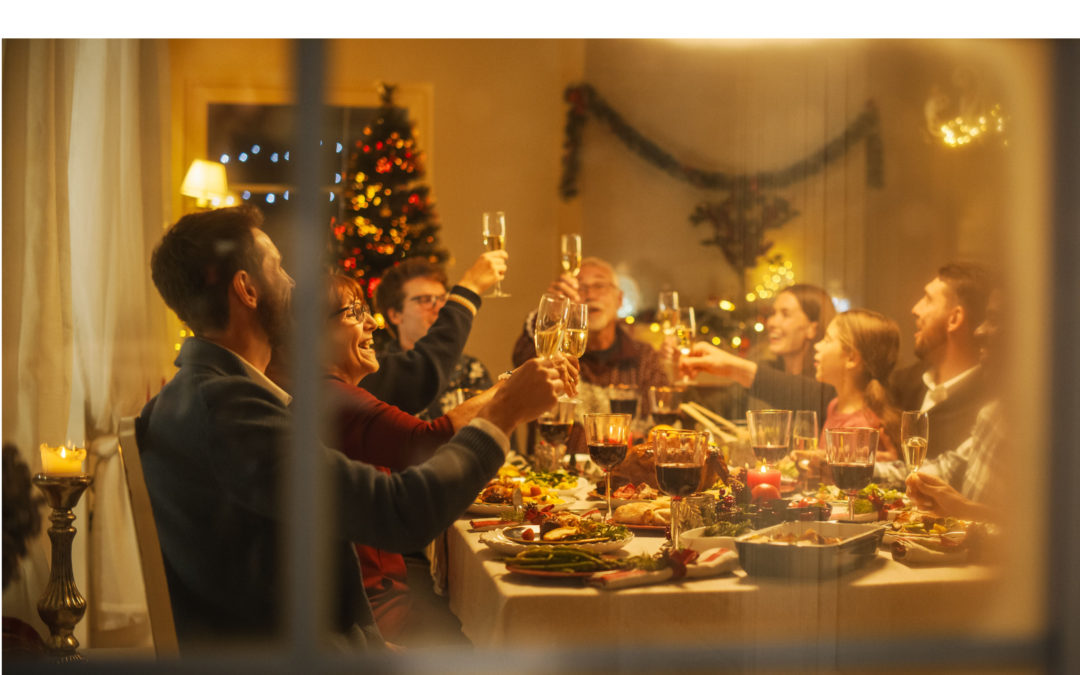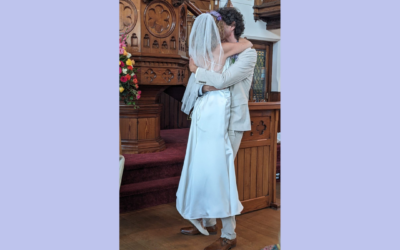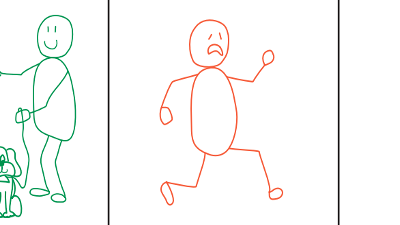The Christmas and holiday period can powerfully magnify both the joys and the challenges of life, and our relationships.
The joys can be wonderful – getting together with those we love, celebration, fun, gifts, spiritual communion, a break from the usual day-to-day, seeing through children’s magical eyes… and other delicious ingredients.
And the challenges can be overwhelming – extended periods with family, getting emotionally triggered, feeling the grief of lost or estranged loved ones and add your own ingredients here.
Top that with the icing of high expectations, financial pressure, peer pressure, alcohol, over-indulgences and add your own ingredients here… and we might find our Christmas (or other holiday) experience and our relationships not tasting as sweet as we’d like – and might even find ourselves facing discontent, disharmony and conflict.
So what can we do to take care of – and enjoy – ourselves and our relationships, over our festive period? Here are a few suggestions:
- Start with taking good care of yourself. This doesn’t mean thinking only of yourself. It’s worth remembering that we’re more able to care for others in a healthy way when we’re meeting our own needs.
- Have healthy boundaries and say no when you need to (click here for my blog Giving the Gift of No at Christmas)
- Regularly ask yourself “What do I really need right now?” and tend to those needs as best you can. This could be as simple as needing a glass of water, spending some time alone, to stop eating, to go for a walk, or that you’d like to reach out to a particular friend.
- Pause to notice what’s happening in and around you as you go about your day and interactions. This sounds so obvious, but I know I need reminding of this often! It can be easy to lose ourselves in our relentlessly thinking minds, or in our relationships. Pause regularly, notice yourself, feel your body and your feet on the ground and come to all five senses, so you can be here, now, with yourself – and can therefore be more fully present with others, too.
Staying present and connected with ourselves also takes us out of our autopilot reactions, giving us more conscious choice in how we respond to others – which is especially important when we’re emotionally triggered and need to communicate as mindfully and kindly as we can.
- Make noticing what’s happening in your nervous system – and tending to it – part of your self care (click here for my blog Relationships and Our Nervous System)
- Decide what qualities you’d like to bring to your relationships – and give them to yourself first. Make qualities like compassion, kindness, forgiveness, generosity and curiosity your best friends when it comes to your connection with you – and watch how these qualities overflow into your ways of being with others.
Relating to ourselves in a loving way gives us the foundation for turning up in a healthy way in all our relationships – in tricky moments, you’ll have your own back, and be less likely to need others to be a certain way for you to feel ok – and let’s face it, Uncle John is probably going to make those same judgemental comments again this year and the kids are likely to get super excited and too rowdy for your liking. What qualities do you want to support yourself with when that happens? And how might that influence how you interact with Uncle John and the kids?
- Notice, and connect with, the many different parts of you. For example, last Christmas there was a part of me that was happy and excited about being with my loved ones, another part that was grieving for those who weren’t with me, a part that was grateful for all I had, another part that wished certain things were different, a part that wanted to socialise a lot and party, and another part that wanted plenty of rest and quiet time – to name just a few.
After identifying these (and other) parts, I acknowledged their validity, listening to what they had to say and being present with how they felt. Connecting with our different parts in this way means we embrace more of our whole selves. It can give us greater understanding of why we feel the way we feel, why we feel compelled to behave in particular ways, and can give us more conscious choice in how we turn up in our relationships – both with ourselves and with others.
- It’s also valuable to notice if there’s part of you making judgments about others. When we notice that it is a part of us that is doing that – and not the whole of us – we are less invested in seeing our judgments as facts, and we are more open to seeing the inherent goodness and qualities we appreciate in that person – which happens to create an atmosphere that makes it easier for them to share those qualities with us! And the same goes for the judgments we make about ourselves.
I’d love to hear your thoughts and if you found this helpful – and here’s wishing you a love and kindness-filled Christmas and December break!
More blogs
What’s Self-Love Got To Do With It? My Wedding at Age 47
I recently got married to someone wonderful, who is consistently available, loving and deeply kind (who happens to be quite a bit taller than me as you can tell by my feet!), which still feels like something of a miracle to me - because I can honestly say that there...
What’s Self-Love Got To Do With It? My Wedding at Age 47
I recently got married to someone wonderful, who is consistently available, loving and deeply kind (who happens to be quite a bit taller than me as you can tell by my feet!), which still feels like something of a miracle to me - because I can honestly say that there...
Relationships and Our Nervous System
When it comes to health and wellbeing, the role our nervous system plays is finally making its way into the spotlight. As a relationships coach, I’m excited to see this happening, because of the central role it plays in our relationship with ourselves and with others,...
I've always wanted to make the lifelong commitment of partnership in marriage, and it's been a very long journey for me to get to my wedding day at age 47. I spent a lot of my adult life in painful patterns when it came to romantic relationship, which included being attracted to those who weren't really available, and not able, for their own reasons - and I say this without any blame - to meet and love me in all the ways I wanted to be met and loved. And I wasn't willing to settle for a relationship that wasn't truly right for me.
It has taken a lot of determination, courage and persistence to overcome and heal the obstacles within me that got in the way of experiencing the relationship I wanted, and indeed to become the kind partner that I would myself want to commit to.
I could write a whole book about the process (maybe one day I will), but for now I'll just say that the most important aspect of it has been (and always will be) my commitment to Love in my primary relationship - my relationship with myself.
Love with a capital "L" is unconditional - it can't be fallen out of. So even when I fall out of "like" with myself, it's always in the greater context of my commitment to loving myself, which means I always come back to the recognition that I am unconditionally loveable and worthy of love.
We all know that Self-Love can be a real challenge. It requires commitment to doing what it takes to have a truly healthy relationship with ourselves - an ongoing deepening of self-awareness, attunement and kind responsiveness to our needs and feelings, being open to seeing things about ourselves that are hard to look at and own, and learning to embrace parts of us that we feel the impulse to push away and disconnect from.
But it is so incredibly worth it - and the alternative certainly isn't a recipe for happiness - because self-love, or the lack of it, sets the tone - and determines the quality - of all of our relationships. Whilst I'm loving and embracing myself, I can't not be loving my husband... I can't not be loving everyone (which definitely includes setting healthy boundaries, and sometimes walking away, of course).
Even when I don't like parts of them. Even when there's conflict and it's painful. My commitment to Love guides me back home to my deepest self and invites me to do the work I need to do to meet the other with Love - whether it's learning to communicate more clearly and kindly, listening openly to feedback, or soothing and holding the vulnerable parts of myself more fully and compassionately when there's reactivity in our relating, to name a few examples.
Whether I'm coaching an individual or a couple around their relationships, I see that the most important part of my job is to keep inviting folk back to their relationship with themselves. That's always what needs kind and loving tending to first, whatever is happening in their relationships with others.
Which is why I'm so passionate about supporting people with self-love, and with making it practical - so it's more than just an idea, or yet another thing to have to achieve or "get right".
If you’re interested in finding out more about the coaching and workshops I offer, please do get in touch at info@nicola-madden.com
Ps. I am definitely not saying "you have to love yourself before anyone else can love you". This is a very unhelpful idea! And is simply not true.




